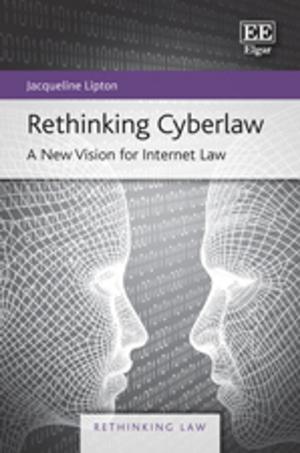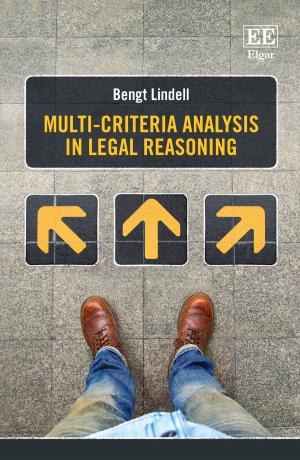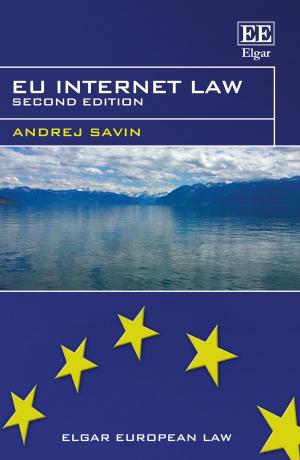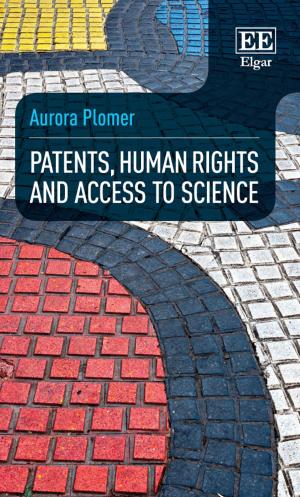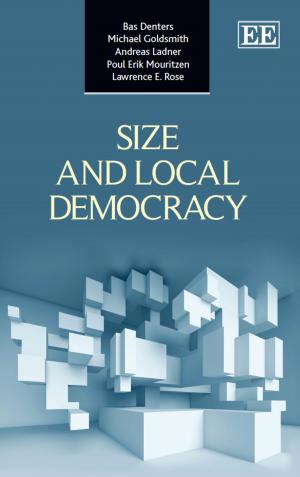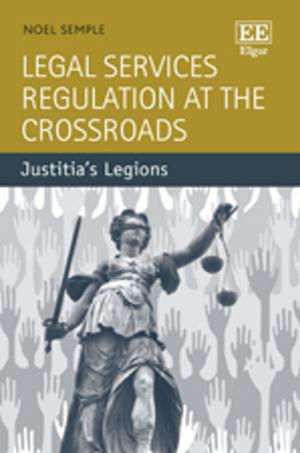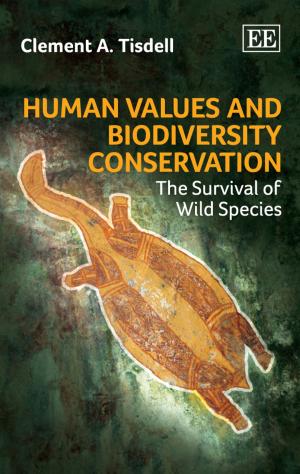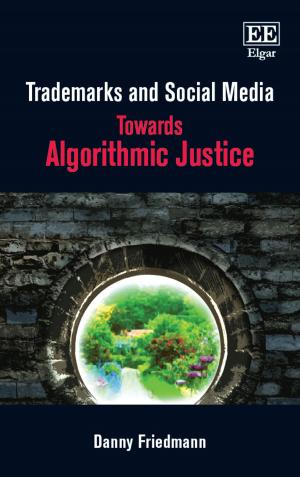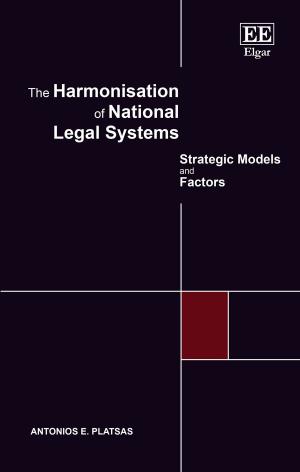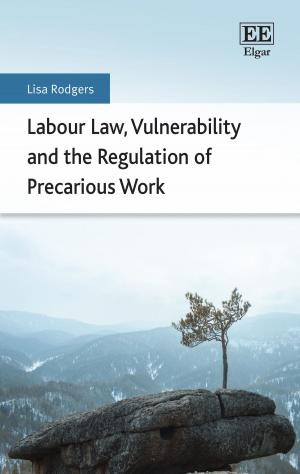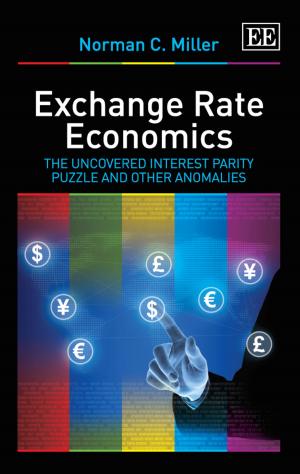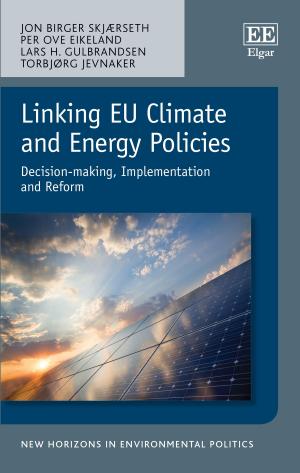Advanced Introduction to International Environmental Law
Nonfiction, Reference & Language, Law, Environmental, International| Author: | Ellen Hey | ISBN: | 9781781954584 |
| Publisher: | Edward Elgar Publishing | Publication: | February 26, 2016 |
| Imprint: | Language: | English |
| Author: | Ellen Hey |
| ISBN: | 9781781954584 |
| Publisher: | Edward Elgar Publishing |
| Publication: | February 26, 2016 |
| Imprint: | |
| Language: | English |
This Advanced Introduction provides both an overview and a critical assessment of international environmental law (IEL) written by one of the leading authorities in this field. An invaluable entry point to this complex area of the law, the book pinpoints essential principles and institutions and distils the vast and often technical corpus of legal doctrine whilst also offering insights that stimulate critical thinking. Covering the origins, substantive content, institutional structure and accountability mechanisms of IEL, the book discusses substantive and procedural fairness, thus exploring questions of distributive justice, accountability and legitimacy. Providing an invaluable entry point to this complex area of the law, this book will prove a useful resource for professors, practitioners and policy-makers needing to quickly gain an understanding of the core principles of this multi-faceted topic. It will also serve as a stimulating introductory text for both undergraduate and postgraduate courses.
This Advanced Introduction provides both an overview and a critical assessment of international environmental law (IEL) written by one of the leading authorities in this field. An invaluable entry point to this complex area of the law, the book pinpoints essential principles and institutions and distils the vast and often technical corpus of legal doctrine whilst also offering insights that stimulate critical thinking. Covering the origins, substantive content, institutional structure and accountability mechanisms of IEL, the book discusses substantive and procedural fairness, thus exploring questions of distributive justice, accountability and legitimacy. Providing an invaluable entry point to this complex area of the law, this book will prove a useful resource for professors, practitioners and policy-makers needing to quickly gain an understanding of the core principles of this multi-faceted topic. It will also serve as a stimulating introductory text for both undergraduate and postgraduate courses.

